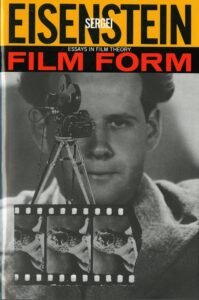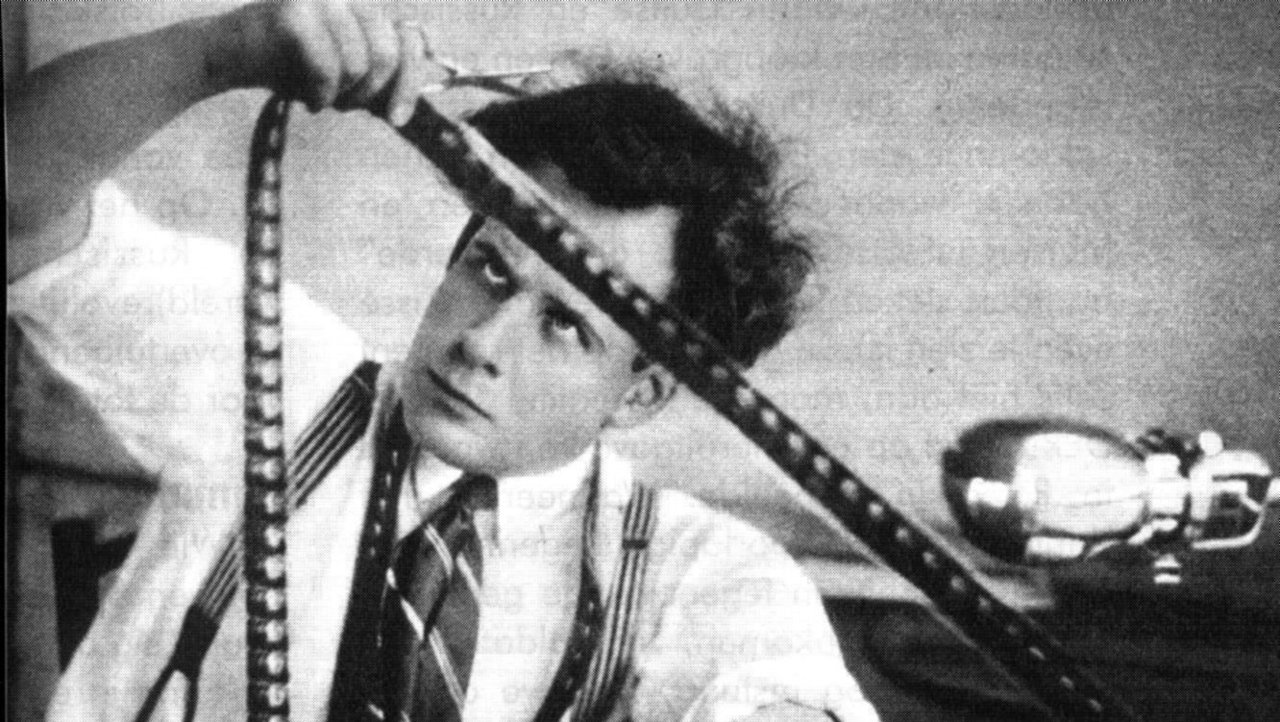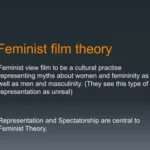Introduction to Key Film Theorists
- By -Lepage Kathy
- Posted on
- Posted in Film
Film theorists play a crucial role in analyzing and interpreting the artistic, cultural, and philosophical dimensions of cinema. Their ideas and theories have profoundly influenced the evolution of filmmaking practices, narrative techniques, and audience reception. By examining the contributions of key theorists such as André Bazin and Sergei Eisenstein, we can gain insight into the diverse perspectives that shape our understanding of film as an art form and cultural artifact.

André Bazin: The Realist Perspective
André Bazin (1918-1958) was a French film critic and theorist known for his advocacy of cinematic realism and deep focus on film aesthetics. Bazin argued that cinema’s unique ability to capture reality—through techniques like long takes and deep focus photography—embodies a form of visual truthfulness that mirrors human perception. His influential essays, collected in works like “What Is Cinema?” (1958), championed the importance of preserving the integrity of reality in film, contrasting with artificial manipulation through editing or stylization. Bazin’s realism theory emphasized the potential of cinema to convey profound truths about the human experience, shaping debates on film aesthetics and narrative authenticity.
Sergei Eisenstein: Montage and Soviet Cinema
Sergei Eisenstein (1898-1948) was a pioneering Soviet filmmaker and theorist celebrated for his contributions to montage theory and revolutionary cinema. Eisenstein’s theories, articulated in works like “Film Form” (1949), explored the dialectical approach to editing and the use of montage—a technique of juxtaposing shots to create intellectual and emotional associations. He believed that through montage, filmmakers could manipulate time, space, and meaning, fostering ideological engagement and emotional impact. Eisenstein’s groundbreaking films, such as “Battleship Potemkin” (1925) and “Alexander Nevsky” (1938), exemplify his theories in practice, demonstrating the power of editing and visual rhetoric to convey political messages and inspire collective action. His legacy continues to influence filmmakers worldwide, inspiring avant-garde and experimental approaches to visual storytelling.
Laura Mulvey: Feminist Film Theory
Laura Mulvey (born 1941) is a British feminist film theorist whose essay “Visual Pleasure and Narrative Cinema” (1975) introduced the concept of the “male gaze” in film theory. Mulvey argued that classical Hollywood cinema often depicts women as passive objects of male desire, perpetuating patriarchal power dynamics through voyeuristic and fetishistic visual representations. Her critique of the cinematic gaze and gendered spectatorship sparked debates on representation, identity politics, and feminist approaches to film analysis. Mulvey’s contributions paved the way for intersectional feminist film theory, encouraging filmmakers and scholars to challenge dominant narratives and advocate for diverse, inclusive representations on screen.
Impact on Film Theory and Practice
Key film theorists like Bazin, Eisenstein, and Mulvey have profoundly shaped the theoretical frameworks and analytical tools used to study cinema. Their ideas on realism, montage, and gender representation continue to inform critical discussions on film aesthetics, narrative structure, and cultural significance. By interrogating cinematic form, ideology, and spectatorship, these theorists offer valuable insights into how cinema reflects and shapes societal norms, political ideologies, and individual subjectivities.
Conclusion
The contributions of key film theorists have enriched our understanding of cinema as a dynamic art form and cultural phenomenon. From Bazin’s realism to Eisenstein’s montage and Mulvey’s feminist critique, their theories continue to resonate with filmmakers, scholars, and audiences alike, inspiring critical engagement with film’s aesthetic, narrative, and ideological dimensions. By exploring the diverse perspectives of these theorists, we deepen our appreciation for the complexities of cinematic expression and the enduring impact of theoretical inquiry on the evolving landscape of film studies.



